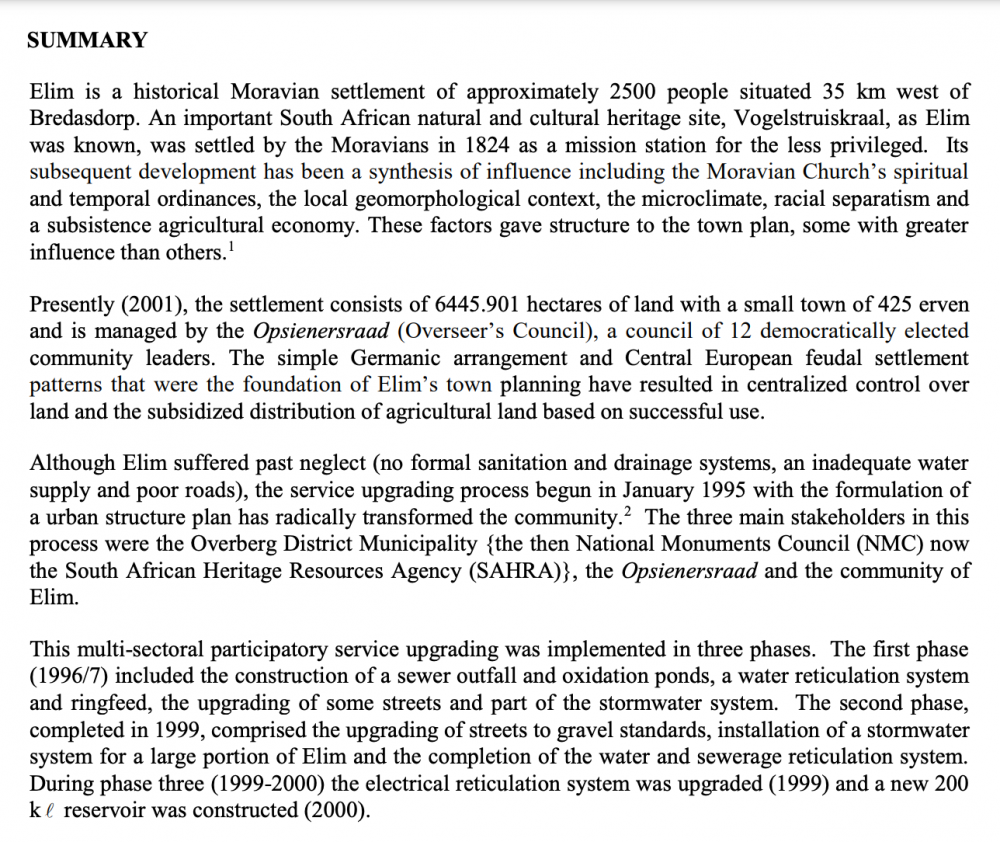Abstract
The “Arusha City Resilience Index Pilot Program” established an accessible, evidence-based definition of urban resilience in Arusha, Tanzania, culminating in the publication of the City Resilience Framework (CRF) in July 2015.
The City Resilience Index from 2015 aimed to measure and assess to what extent a city is achieving its resilience goals. The City Index (CRI) was developed by International Development non-project branch of Ove Arup & Partners International Ltd with support from the Rockefeller Foundation. The Ministry of Lands, Housing and Human Settlements Development in Arusha, Tanzania was one of five municipalities to participate in the CRI pilot program to test the feasibility and utility of the Index in different contexts around the world.
As part of the Program, I2UD staff performed an initial review of the Index to develop a work plan for the pilot program and to contextualize urban planning in Arusha. The team managed a task force of local authorities to collect qualitative and quantitative data related to the four dimensions of resilience: (Health and well-being, Economy and society, Infrastructure and environment, and Leadership and strategy). Finally, I2UD experts analyzed data collection outputs to produce an internal report assessing the indicators and data collection process and provided recommendations for improving the Index. I2UD also interviewed key community stakeholders from a wide range of disciplines, and facilitated a stakeholder workshop to perform a qualitative assessment of urban resilience in Arusha.
Documents include a CRI Introduction, an I2UD Schedule, and a Master Plan Stage II “Socio-Economic Report” and “Preliminary Visioning and Programming Report”. Supporting documents include a Technical Working Group Meeting Agenda.
Excerpt
[Excerpt: CRI Introduction, July 2015]
“Urban populations are facing increasing challenges from numerous natural and manmade pressures such as rapid urbanization, climate change, terrorism and increased risks from natural hazards. Cities must learn to adapt and thrive in the face of these diverse challenges – they must learn how to build resilience in an uncertain world. Armed with this knowledge and understanding, governments, donors, investors, policy makers, and the private sector will be able to develop effective strategies to foster more resilient cities.”
| Project Year: | 2015 |
| Project Type: | Workshop |
| Geographic Regions: | Arusha, Tanzania |
| Reports: | Arusha CRI Pilot Program: CRI Introduction (July 2015) Arusha CRI Pilot Program: I2UD Schedule (August 2015) Arusha CRI Pilot Program: Master Plan Stage II Preliminary Visioning and Programming Report (August 2015) Arusha CRI Pilot Program: Master Plan Stage II Socio Economic Report (August 2015) Arusha CRI Pilot Program: Technical Working Group Meeting Agenda (September 2015) |
| Authors: | Andrew Charles (Ove Arup & Partners International Ltd); Alejandra Mortarini; Barbara Summers; |
| Sponsors: | Rockefeller Foundation |
| Categories: | Climate Change and Resilience Building |
| ID: | 2015_08_001 |


